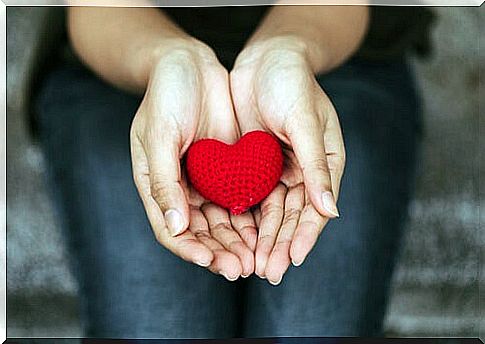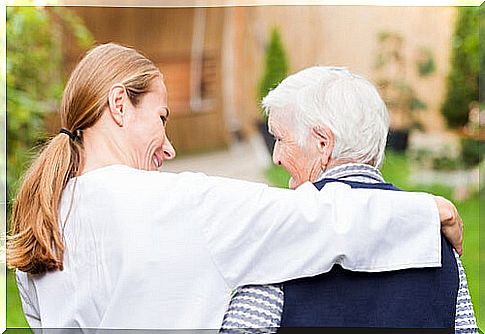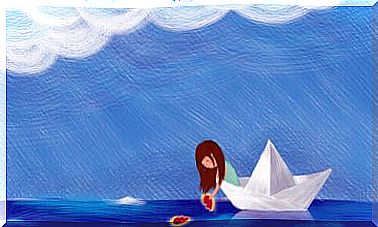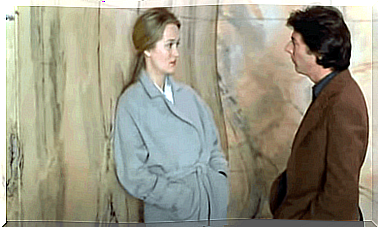Kindness Does Not Ask For Rewards

Practicing kindness costs nothing, and yet sometimes it pays dearly. How many times have we done something for one or more people with the most absolute sincerity and altruism, to later let our actions be valued in a negative way or even with distrust. The examples in which kindness is practiced and then lost seem to be innumerable …
DIFFERENCE BETWEEN KINDNESS AND INGENUITY

Kindness does not yearn to have anything in return for its actions, it is exercised freely and because one feels the need and the will to help, to offer their own resources, whether personal or material, for the good of other beings. And this does not mean being naive. The society we live in today based on the pillars of materialism seems to have established that all action requires a reward. If I do something I must receive something. And if that does not happen, if I do not obtain a reward for my action, fraud or infringement occurs … Hence the sad conception that the person who acts out of genuine goodness must be naive if he does not ask for anything in return for his effort. If we look up the word “ goodness ” in the dictionary, it is defined as “that innate faculty to do good, to be compassionate, to have a commitment and solidarity towards those who suffer or need ” . Thus, that other vision, more material and tinged with selfishness, should be clouded where those who act in this way are not appreciated, because goodness is a disposition to intelligence and affection to seek the good of others and that we should all exercise.
GOODNESS, QUALITY OF THE HUMAN BEING

It is often said that kindness is a quality of the human being, and in many people even something innate, but whatever it is – innate or acquired – it costs nothing to try to transmit it to children from a very young age.
It is a tool that will allow you not only to be a better person, but more importantly, it will offer you the opportunity to know how to understand and understand the other, to be more empathetic, to cooperate instead of attacking or despising, it will offer you a cooperative attitude with the than being able to enrich yourself from the world around you.
Those who act indifferently with their own cannot create authentic affective bonds, thus deteriorating their own quality of life. If you offer resentment you will get resentment, if you show indifference you will receive the same dimension. Thus, it is necessary that this uncomfortable vision that “who is good is naive” is unraveling from our society to value in a more fair and open way all these actions that help us to be a little better, without expecting anything in return; because goodness is also an art and a very simple and practical form of wisdom: good people are wise because they understand that what they do for others they also do for themselves ”.
It is as if somehow trying to put into practice that of “treat others as you want them to treat yourself”, although the problem seems to lie in the fact that in our society, we tend almost more to isolation and to solve things individually. Who knows …
Acting kindly is always necessary, it enriches us inside in this world with, at times, too many external rudeness.









